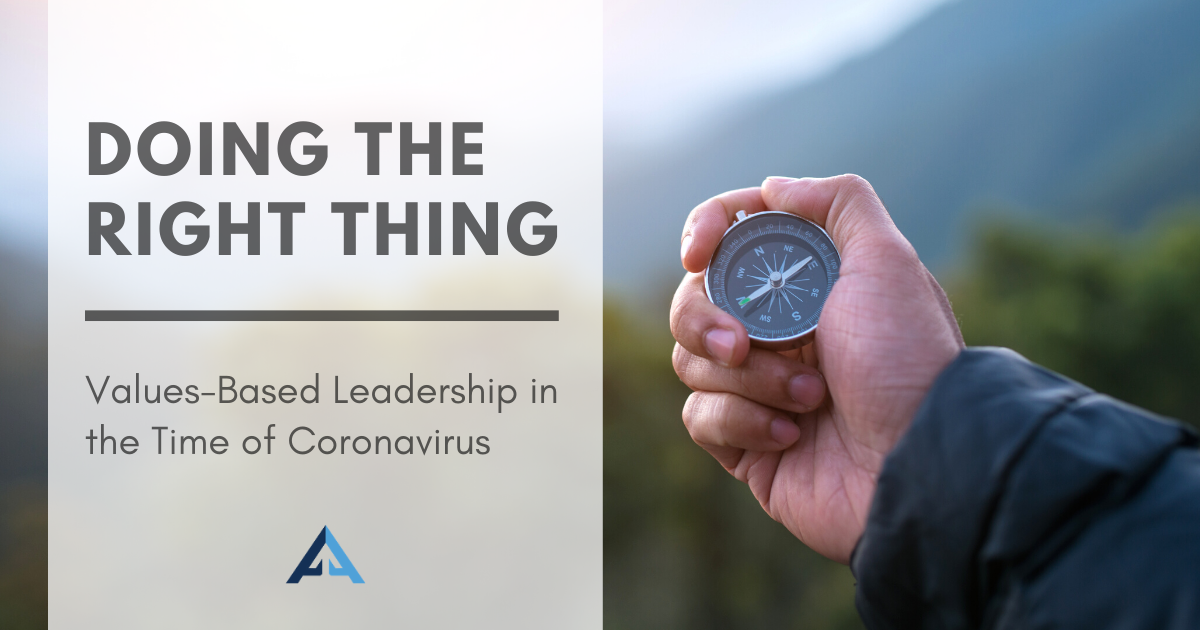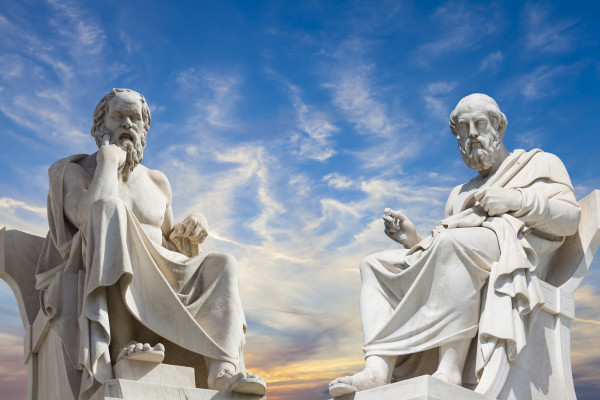for today’s dynamic business environment. Yet somehow with our preference for a concrete action, we tend to skim over the part when we reflect on our experiences with a purpose of learning without judging. With so much being written recently on the importance of reflection, simply acknowledging its importance to leaders’ growth is not sufficient to produce needed change. The actual practice of purposeful reflection exercise, with an intent to deepen one’s insight, when done consistently, allows us to connect with our deeper experiences, make sense of complex information, and draw meaningful conclusions, thus enabling us to maximize our learning from experience.
Mindset shift:
Reflection requires shifting our mindset away from reactive + judging to reflective + learning. As we think back about our achievements and successes in 2015, there is a natural sense of gratitude towards those who helped us achieve those results. The online dictionary defines gratitude as “the quality of being thankful; readiness to show appreciation for and to return kindness”. Extending our feeling of gratitude towards ourselves helps us to further deepen our reflection practice by opening our minds and hearts. Gratitude for being willing to try and fail, persevere and succeed; gratitude for being patient, resolute, brave, and willing to operate outside of our comfort zone. All of these reasons to be grateful to others around us, as well as to ourselves, help us to transform our mindset from that of judging ourselves to learning from experience.
Research shows that we learn best from those experiences that carry significant personal meaning. This process of making sense and making something meaningful may take time. That is why it is worthwhile to set some time aside to think back and reflect on our experiences from 2015. There are some powerful exercises for maximizing learning from experience and deepening personal insight.
The following three questions help to jump start the practice:
What were my biggest accomplishments?
Think back to the actions you took that produced the results you intended to achieve. Take note (write down if you like) exactly what did you do, how you did it, what was the context, who else was involved, what made a difference, any personal realizations, why was this result / success important to you, and how does it fit into a bigger picture of your career, business, and broader life?
What did not work out as intended?
Asking this question helps us to identify potential gaps between our intentions and the outcomes of our actions. Throughout our lives, we are conditioned to associate making mistakes with negative consequences, such as feelings of guilt, or other forms of punishment. Fear, guilt, and disappointment tend to block our ability to reflect deeply to learn from experience. Most often, they result in negative ruminations, feeling “stuck”, and raise our anxiety level, thus making it more difficult for us to see things in perspective and respond in a balanced way.
As we ask ourselves the question “what did not work out as intended?”, we can think of “mistakes” as iterations or experiments that did not pan out as planned. By taking stock of contributing variables and letting go of things we have no information about and/or cannot control, we free ourselves from the grip of negative emotions. Giving ourselves permission to “try and fail” frees us from hesitation and fear of failure and allows us to take action to continue learning from experience.
What will I do differently going forward?
When timed well, this question can generate valuable insights and clarify our intention towards our future. Focusing first on the elements that make sense and which we can control helps to advance the process. A sense of ownership for the past actions further helps us to understand and make sense of our experience from our vantage point, based on our values, aspirations, and longer-term goals.
Eventually, the biggest payoffs from reflection and learning from experience are a deepening of our insight and a sense of clarity that help to set the stage for the actual visioning and planning for 2016. To this end, our ability to reflect and to learn from experience allows us to get and stay in touch with our true calling and to pursue meaningful goals to create intended outcomes.










